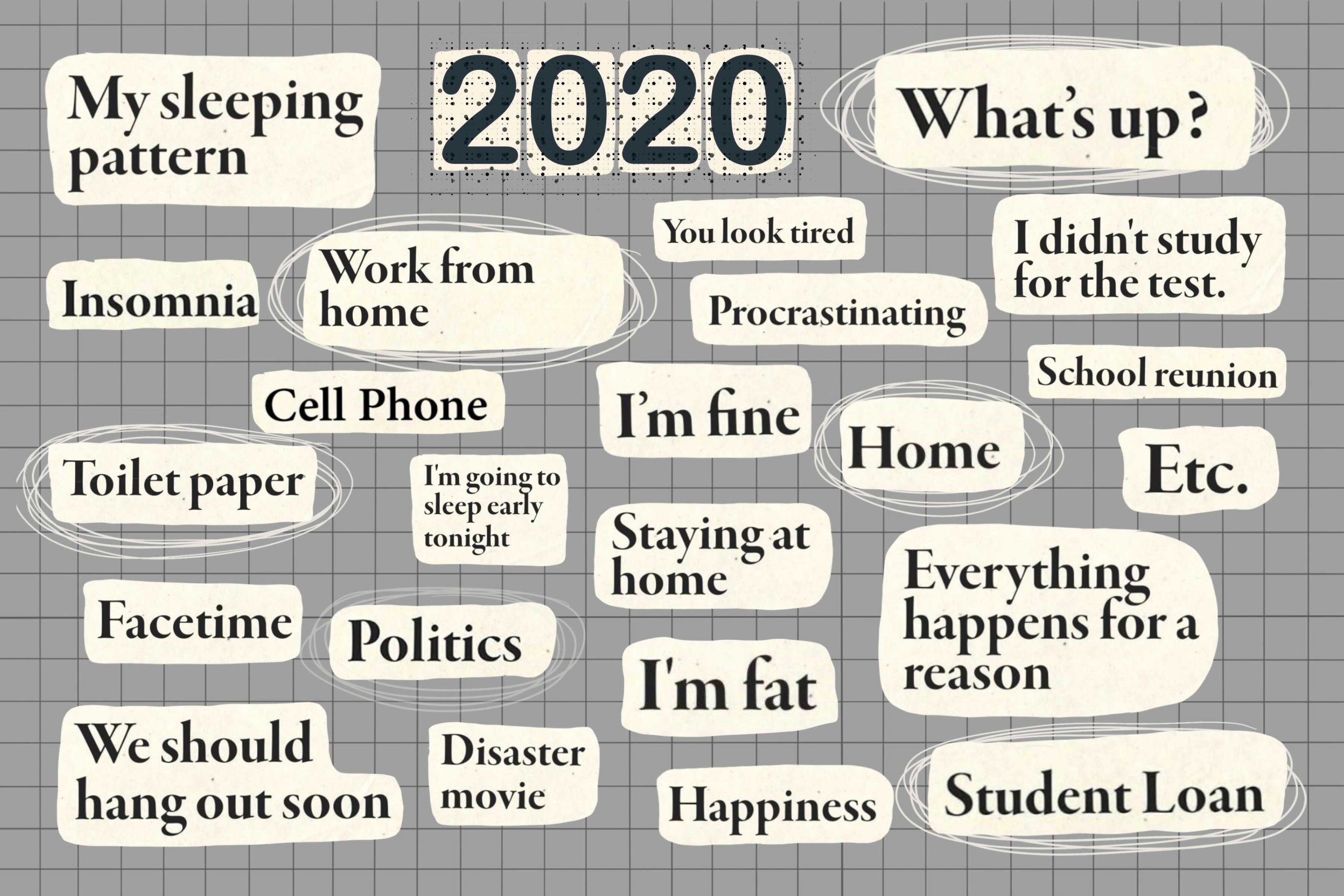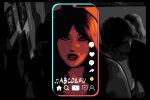The words we use typically change over time. 2017 popularized the idea of fake news. 2018 was the year the “full send” became a mantra of sorts, and tea became more than just a drink. And in 2019, “periodt” became an appropriate way to end a sentence or thought. Throughout the years, words also receive new meanings. Seemingly mundane words like “lit,” “dead” and “thirsty” have acquired completely new meanings.
This year, there are countless other words that we’ve added to our cultural lexicon. While many of them are COVID-related, others refer to various phenomena or events that have occurred throughout the past nine months of 2020. As we head closer to the end of the year –– who would have thought we’d make it this far –– let’s take a minute and think about all the words we’ve learned and/or repurposed.
1. Anti-masker (adj.)
A play on the phrase “anti-vaxxer,” which Urban Dictionary defines as “someone who discounts scientifically valid medical research pertaining to vaccines in favor of data produced by a discredited researcher,” the word anti-masker refers to those who don’t like being told to wear a mask and often refuse to do so in public. Anti-maskers can be identified by their lack of masks, or the fits they throw when told to wear them.
2. (The) Hype House (n.)
While the original hype house originated in December of 2019, the Hype House has become more of a phenomenon this year. The word refers to both a group of TikTok personalities –– including Chase “Lil Huddy” Hudson and Addison Rae –– and the house in which they live. The idea of a house where content creators can live and collaborate has inspired many others to do the same.
3. Karen (adj.)
Karen has become one of the worst possible insults of 2020. As Time Magazine explains, the name Karen has become “a slang term for middle-aged white women who have become infamous online for their shameless displays of entitlement, privilege, and racism.” It’s basically the kind of person who asks to speak to the manager, but worse.
4. Pandemic (n.)
Not to be confused with an epidemic, which according to Merriam Webster is “an outbreak of disease that spreads quickly and affects many individuals at the same time,” a pandemic is a type of epidemic that occurs over a wide geographic area and affects an exceptionally high proportion of the population. Similar to quarantine, the word itself has been around for centuries, but has really become part of our daily vocabulary during these … unprecedented times.
5. Quarantine (n., v.)
Though the word certainly was part of English vernacular previously, it has reached new heights this year. Quarantine has truly snuck its way into our daily lives, and not for the better. Whether referred to by its full name, its abbreviation “the q,” or the verb form of “to quarantine,” it’s bound to come up in conversation. As for an official definition, Merriam Webster defines quarantine as “the period of time during which a person or animal that has a disease or that might have a disease is kept away from others to prevent the disease from spreading.” In the case of COVID-19, quarantine is almost always a solid two weeks, or 14 days.
6. ‘Rona (n)
A new colloquialism to refer to the coronavirus, ‘rona is the cool, hip way of referring to the virus. The word itself is often accompanied by the grammatical article “the,” perhaps to give it more of a flair.
Either way, the new slang term helps avoid confusion with the Corona beer brand, whose sales actually increased as a result of the pandemic.
7. Social Distancing (v.)
This one is truly unique to 2020. CDC defines social distancing as “a safe space between yourself and other people who are not from your household.” Social distancing measures include staying at least six feet away from those not in your household, and should be combined with other actions –– such as handwashing and mask-wearing –– to prevent the spread of COVID-19. Social distancing, as its name suggests, doesn’t mean you can’t be social; it just means keeping that safe distance between you and others.
8. WAP (adj.)
This word is a pretty new addition to the 2020 vocab. An acronym for the phrase “Wet Ass Pussy,” WAP debuted on Aug. 7, 2020, when Cardi B dropped her single (featuring rapper Megan Thee Stallion) of the same name. The word has become so popular it’s made its way onto dictionary.com. Next stop, Oxford Dictionary.
9. Zoom (n., adj., v.)
You can’t go a day without mentioning this word Zoom. As both a noun, adjective and verb, the word Zoom has become a perpetual part of everyday interactions. Zoom as a noun usually refers to the application itself. Zoom as an adjective is usually used in the context of “Zoomed out,” a phrase that has come to describe another phenomenon of 2020: Zoom fatigue. And finally Zoom as a verb no longer suggests you’re rushing or going quickly, but rather, refers to the act of attending a Zoom meeting or class.
10. Zoom University (n.)
As COVID-19 began to spread throughout the U.S. last spring, many colleges across the country instructed students to pack up and head home. While many students might have left their physical campuses, they were still part of a university: Zoom University. Almost immediately, students began forming Zoom University Facebook groups. From Zoom University Memes for Self-Quaranteens to Zoom University Hillel, exiled college students banded together. At this point, Zoom University is often used to refer to online classes, whether held on Zoom, Microsoft Teams or other video calling applications. And let me tell you, it’s nothing like real school.

















